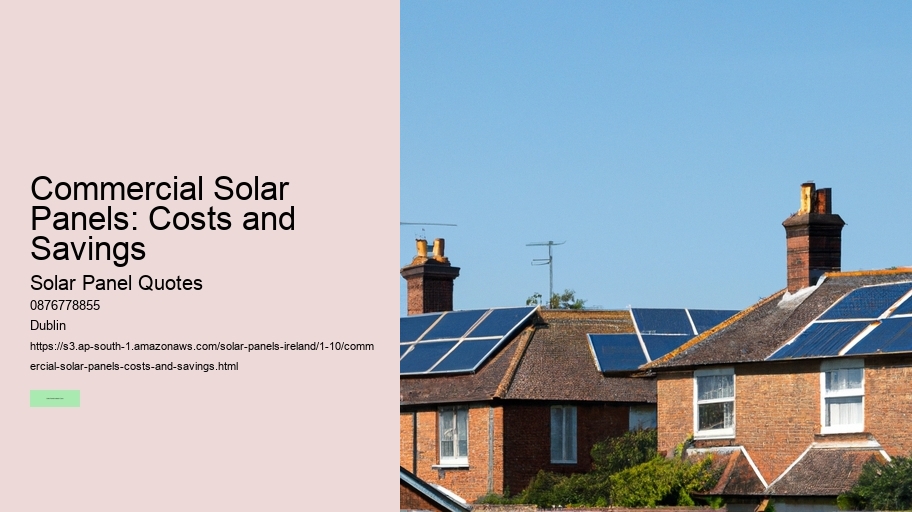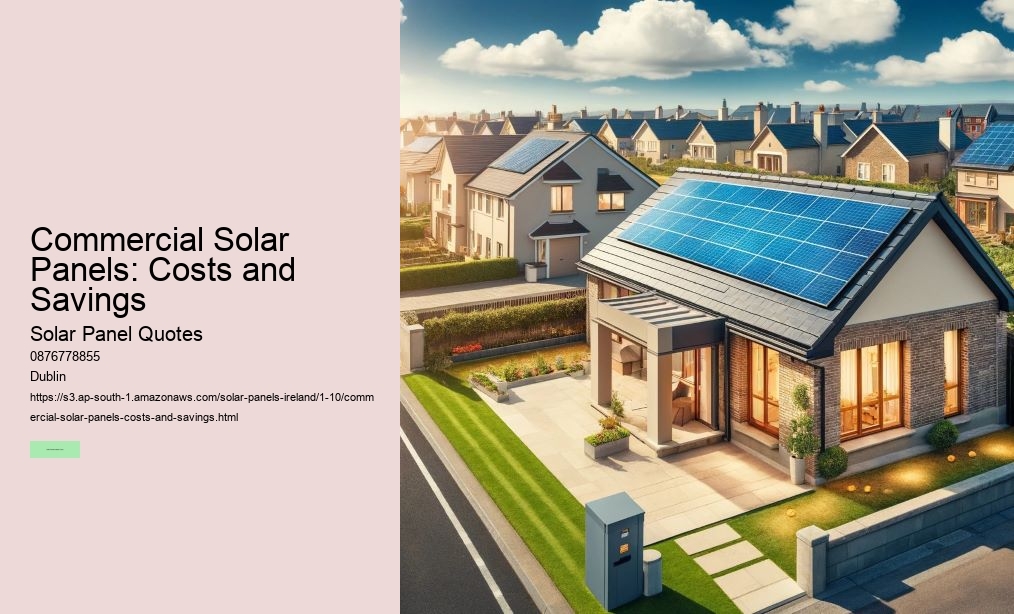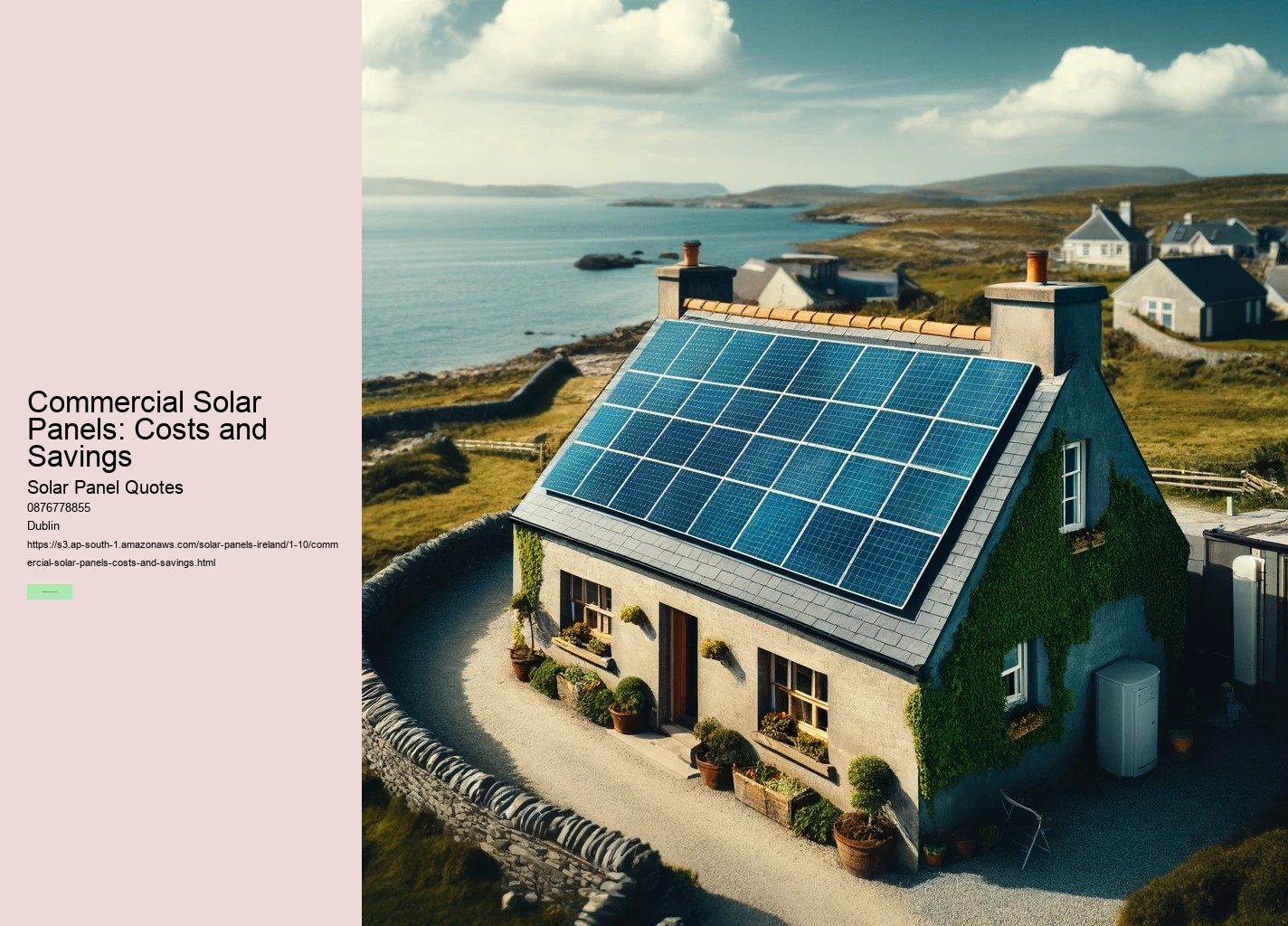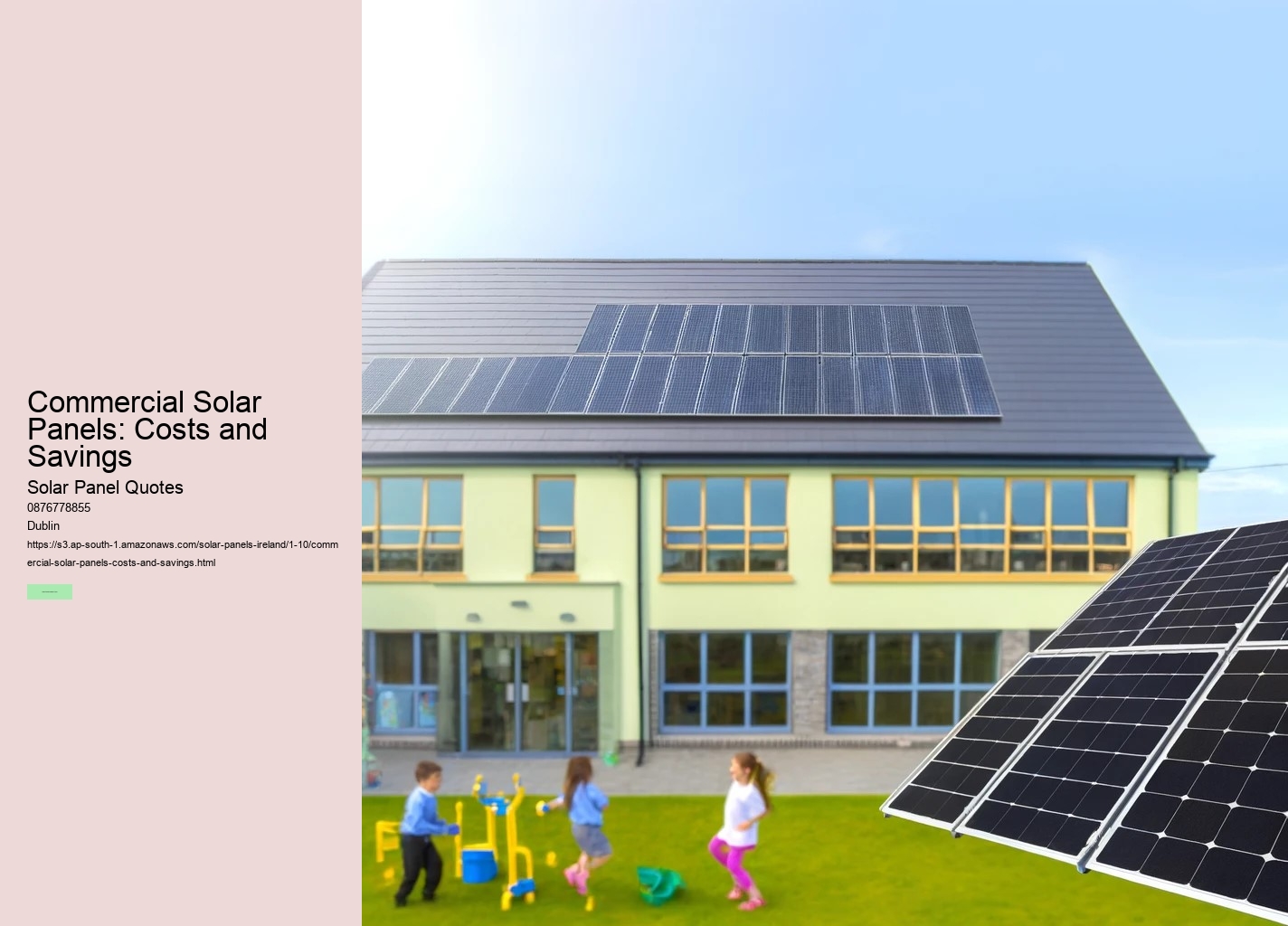

Microgeneration empowers homeowners to take control of their energy usage. Reputable companies offer comprehensive services, from system design to installation and maintenance. This shift from fossil fuels to renewable energy sources helps lower greenhouse gas emissions, contributing to global efforts in combating climate change.
Monocrystalline silicon panels, known for their high efficiency and durability, are a popular choice in Ireland. Solar panels offer a predictable and stable alternative to fluctuating electricity prices.
Several factors influence the overall cost of a solar panel system, including roof size, shading, and orientation. looking for the cheapest solar panel ireland cost then checkout solar panel quotes. Battery storage systems, although an additional cost, provide resilience during power outages and optimize energy use throughout the day.
This added value complements the financial and environmental benefits of solar energy. Beyond immediate financial benefits, solar panels add value to properties.
For a standard three-bedroom home, these costs are offset by grants and incentives, making solar power increasingly accessible. Solar panels have gained popularity in Ireland due to advancements in photovoltaic systems and supportive government initiatives. For those considering solar panel installation, the combination of financial incentives, advanced technology, and environmental benefits creates a compelling case.
During this time, the cost of installation is recovered through savings on electricity bills and potential earnings from selling excess energy back to the grid. By installing a rooftop photovoltaic system, you take an active role in reducing your carbon footprint and supporting Ireland's energy transition.
The efficiency of solar panels has improved significantly over the years. By choosing solar energy, homeowners not only save money but also take an active role in shaping a more sustainable future. cell
Adding a rechargeable battery to the system allows surplus electricity generated during the day to be stored for later use, reducing reliance on the electrical grid. While the initial investment might appear significant, the benefits-ranging from lower electricity bills to a reduced carbon footprint-make solar panels a smart, sustainable choice.
They also complement electric vehicles and battery chargers, offering a cohesive solution for sustainable energy needs. For most homes, the number of solar panels required depends on factors like electricity consumption, roof size, and orientation. Solar panels are designed for durability, with most manufacturers offering warranties of 20 to 25 years.


Excess energy can be stored in batteries or exported back to the grid, creating additional savings or income through feed-in tariffs. Advances in technology, particularly in monocrystalline silicon panels, allow for greater energy production within smaller areas. By generating clean, renewable energy, solar power reduces your household's carbon footprint and helps combat climate change.
Polycrystalline silicon panels offer a cost-effective solution with slightly lower efficiency, while Thin-film solar cells can be a practical option for specific applications. On average, homeowners in Ireland recover their initial investment in five to seven years through reduced electricity bills and earnings from exporting excess electricity to the grid via the Microgeneration Support Scheme.
The inclusion of optimizers for shading or advanced solar inverters can also affect the overall price. By choosing solar panels, homeowners in Ireland can harness the power of the Sun to meet their energy needs.
The benefits of solar panels extend beyond individual households. When considering the transition to renewable energy, understanding the cost of solar panels in Ireland is a key step.

Durability is another advantage of modern solar panels. Batteries also provide backup power during outages, ensuring consistent energy availability. The cost of electricity by source continues to rise, making solar energy an increasingly attractive alternative.
By generating electricity from sunlight, homeowners reduce greenhouse gas emissions and their dependence on fossil fuels. When choosing a solar panel provider, it's important to consider experience, certifications, and customer reviews.
While not essential for all installations, batteries provide flexibility and resilience. Battery storage is another key consideration.
The role of solar in reducing the carbon footprint of homes and businesses cannot be overstated. Smart meters track energy production and consumption, enabling homeowners to monitor their systems efficiently.

A photovoltaic system provides multiple benefits beyond electricity generation. Homes equipped with renewable energy systems like rooftop photovoltaic systems or solar thermal collectors are more attractive to buyers, offering reduced energy costs and an environmentally friendly footprint. The Sustainable Energy Authority of Ireland (SEAI) offers grants of up to €2,400 for solar PV installations, significantly reducing upfront expenses.
The integration of solar panels with other modern technologies, such as smart meters and energy-efficient appliances, creates a cohesive energy ecosystem. This range varies depending on factors such as the size of the photovoltaic system, the type of solar panels used, and additional features like batteries, inverters, or optimizers to counteract shading.
After the payback period, homeowners enjoy up to two decades of reduced or free electricity. For properties with limited roof space or shading challenges, thin-film solar cells or shading optimizers can enhance energy efficiency.
Solar panels also integrate seamlessly with other energy-efficient technologies. These supports align with Ireland's commitment to sustainable energy development and reducing greenhouse gas emissions.
By harnessing sunlight to generate electricity, solar systems decrease reliance on fossil fuels and support the shift toward renewable energy sources. Another significant advantage of solar panels is their positive environmental impact. By integrating solar panels into the national grid, homeowners contribute to the growth of renewable energy in the country.
In conclusion, solar panels are a smart investment for Irish homeowners looking to reduce energy costs, embrace renewable energy, and contribute to a sustainable future. While adding a battery increases the initial investment, it enhances energy independence and long-term cost savings.
Many systems come with warranties lasting 20 to 25 years, providing long-term support and assurance for homeowners.

Yes, there are several financing options available in Ireland for solar panel systems, including loans, leases, and Power Purchase Agreements (PPAs).
The cost of solar panels in Ireland typically ranges between �6,000 and �18,000. The price can vary based on factors such as system size, panel type, and additional features like battery storage.
Yes, the Irish government offers several incentives, including SEAI grants and a reduction in VAT on solar equipment to promote solar energy adoption.
Solar panels typically pay for themselves within 5 to 7 years in Ireland through savings on electricity bills.
Yes, given the rising cost of electricity and the availability of government incentives, solar panels are a financially sound and sustainable investment in Ireland.